De Nora has over 50 years of experience removing nutrients, organic compounds, and solids in tertiary fixed-film biological filters. De Nora’s flagship biofilter with over 300 installations is the DE NORA TETRA Denite® system, which biologically reduces phosphorus and converts soluble nitrates to nitrogen gas in an anoxic environment. Existing De Nora media filters can be easily upgraded to biologically active mode as well.
Filtrazione Biologica DE NORA TETRA®
The robust design of DE NORA TETRA® biological filters creates an ideal environment for simultaneous biological filtration and physical/chemical treatment. Common applications include polishing municipal wastewater effluent to reuse standards and/or regulatory discharge limits.
Easy to Operate and Maintain
Cost Saving
Reliable and Robust
Regulatory Compliance
What is DE NORA TETRA biological filtration?
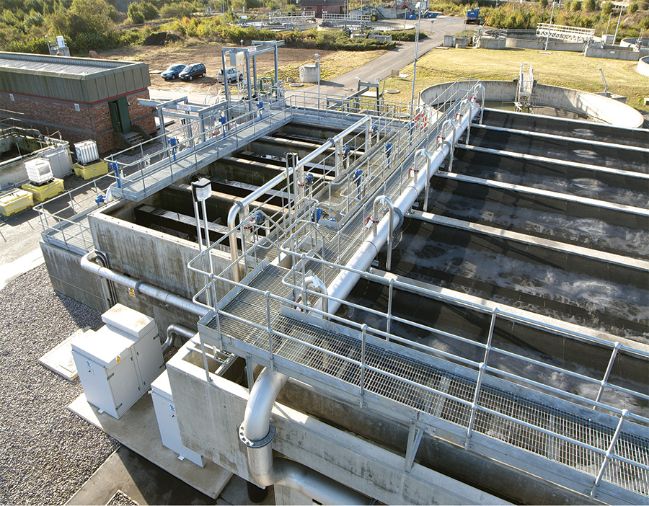
Wastewater treatment facilities face both increasing regulations and tightening operating budgets. DE NORA TETRA biofilters can be designed in a variety of configurations to achieve optimal treatment for biological oxidation of organic compounds, nitrification , and denitrification.
With DE NORA TETRA Denite biological denitrification systems, nitrogen, phosphorus, and suspended solids are removed in a single process solution. Ideal where space restrictions exist, the fixed-film process requires only one-tenth of the space needed for suspended growth systems, making it easy to expand or retrofit existing tertiary filtration systems.
In addition to anaerobic systems, DE NORA TETRA ColOX™, SAF, and NSAF are aerobic biofilters that are used for BOD/COD oxidation and nitrification.
Why choose DE NORA TETRA biological filtration?
Simplify your plant operations by removing soluble and particulate contaminants in a single step while increasing removal performance in a compact footprint.
Avoid clogging with the rugged SNAP T® Block underdrain, which will not clog or lift in biological applications.
- • System exhibits excellent distribution of backwash air and water, keepings filter media clean and ensuring efficient operation of the filter.
- • With no small openings, nozzles, screens, or moving parts to clog or wear, filters provide a long service life, maximizing your investment.
Enjoy maximum process flexibility and performance with a system that accommodates a wide range of media types and sizes.
- • Prefabricated modular or build-on-site designs are available to suit specific needs.
Want to know more about our DE NORA TETRA® Biological Filtration Solutions?
Case Study: DE NORA TETRA Denite WATER POLLUTION CONTROL BOARD, Arlington, Virginia .
Using a highly effective filtration system that stays clean in large part through automated backwash processes, the Arlington County Water Pollution Control Plant (WPCP) reports nitrogen effluent to below 2.0 mg/L, down from a 1985 level of 19.5 mg/L; and phosphorous levels below 0.1 mg/L. Innovations in the De Nora system used at Arlington County WPCP include using site-captured methanol to reduce effluent nitrogen and a flexible and scalable system design that can handle regular heavy wet weather events as effectively as normal flow.
- • Nitrogen removal: Reaction is time-dependent, varying according to the temperature of the wastewater. Filtration rates of 1-3 gpm/ft2 (2-7 m/h) are designed to achieve complete denitrification. Peak hydraulic rates up to 6 gpm/ft2 (12 m/h) are designed to efficiently handle wet weather events.
- • Suspended solid removal: TSS removal from wastewater effluent also lowers BOD by 1 mg/L or more while at the same time reducing nitrogen, phosphorous and heavy metals, which are also contained within the effluent solids. With proper chemical treatment, the plant is consistently achieving effluent total phosphorous concentrations of <0.2 mg/L. De Nora filters easily meet <2 NTU or < 5 mg/L TSS with typical results of <2 mg/L TSS.
How does DE NORA TETRA biological filtration work?
DE NORA TETRA Denite filters support a variety of aerobic and anaerobic processes for different treatment targets. The following steps illustrate the aerobic process:
- 1. Filter Media: The system uses specially selected mono media, chosen for optimal sizing, which traps suspended particles from wastewater while still allowing water to flow through, and at the same time prevents solids from breaking through the filter bed.
- 2. Filtration Process : DE NORA TETRA DeepBed™ (Denite) filters are downflow filters, where wastewater flows from the top down through multiple graded media levels. As wastewater passes through the media bed, suspended particles are trapped in the bed. Over time, as more and more particles get trapped, the filter's ability to let water pass through decreases.
- 3. Cleaning (Backwash): To ensure ongoing efficiency and operation, all gravity filters need to undergo periodic backwashing. The DE NORA TETRA DeepBed (Denite) filter combines air, water and concurrent air/water to release trapped solids and remove them from the filter, returning the dirty backwash water to the head of the upstream treatment processes. DE NORA TETRA filters offer highly efficient processes, whereby only 2-5% of the forward flow requires retreatment during backwash.
- 4. Nitrogen Removal: DE NORA TETRA Denite filters are designed to efficiently remove nitrogen from wastewater. Facultative bacteria on the surface of the media converts nitrate into nitrogen gas and is captured in the media bed, along with other particles and microorganisms.
- 5. Nitrogen Gas Removal: Over time, as nitrogen gas accumulates in the media bed, it can be removed during the "bump" cycle. This keeps the filter working well by preventing excessive buildup of nitrogen gas.
Advantages:
- • Efficient Filtration: The system effectively removes particles and nitrogen from wastewater.
- • Low Maintenance: It operates with minimal water and energy use during cleaning.
- • No Additional Filters: It eliminates the need for additional filters or clarifiers.
- • Stable Performance: The system can handle varying conditions, including peak flows and upsets, without a significant drop in performance.
In summary, the DE NORA TETRA DeepBed (Denite) biological filter system is a robust and efficient technology for wastewater treatment, particularly in removing nitrogen and suspended solids, and it does so with relatively low operational and maintenance costs.
Applications
Discover More
- DE NORA TETRA Denite Brochure ( pdf 6 mb )
- DE NORA TETRA Modular DeepBed Filter brochure ( pdf 2 mb )
- Brochure-DE-NORA-TETRA-ABF-650-0316 ( pdf 2 mb )
- DE NORA TETRA DeepBed Filter Brochure ( pdf 2 mb )
- DE NORA TETRA SNAP-T Brochure ( pdf 2 mb )
- ColOX brochure ( pdf 863 kb )
- DE NORA TETRA SAF/NSAF Brochure ( pdf 633 kb )
- DE NORA TETRA SAF/NSAF (EUROPEAN Brochure) ( pdf 3 mb )
Can't find what you are looking for? Please let us know how we can help.
*De Nora manufactures devices for the in-situ production of disinfectants. Disinfectants can only be manufactured, placed on the market and used in the European Union exclusively on the basis of an authorization issued under Regulation 528/2012 and/or under the national legislation in force in each Member State. Contact De Nora to receive more information on regulatory compliance status of the specific equipment in your region.

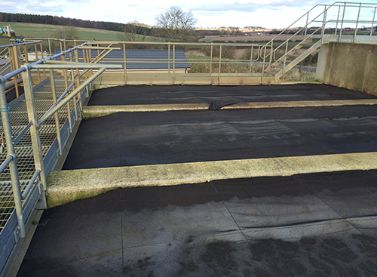
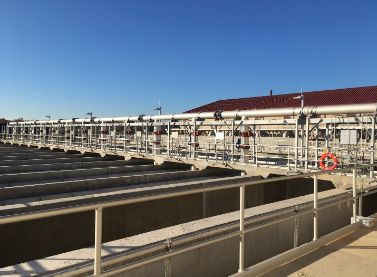


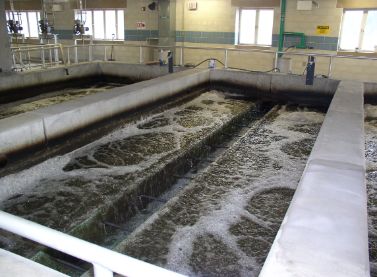
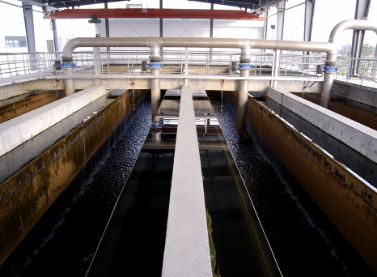
.jpg)
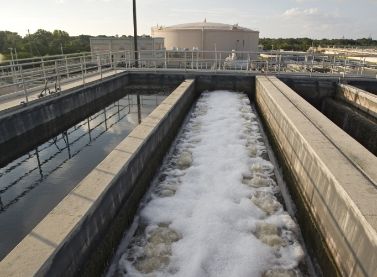
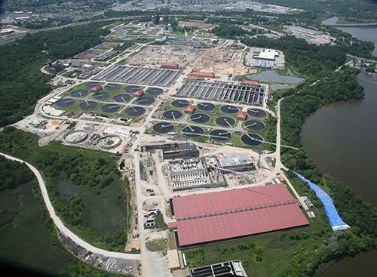
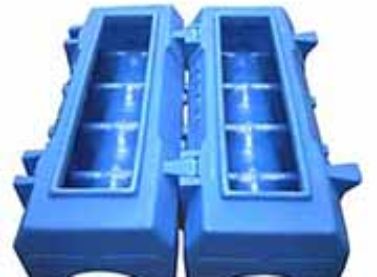
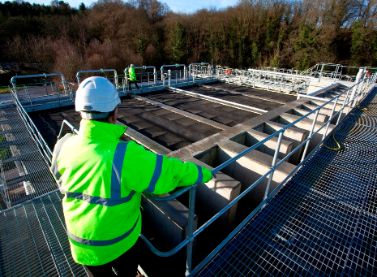

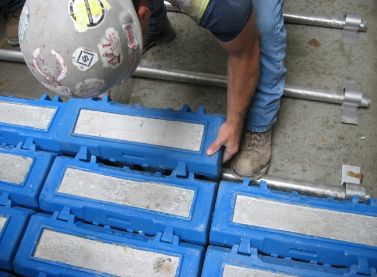



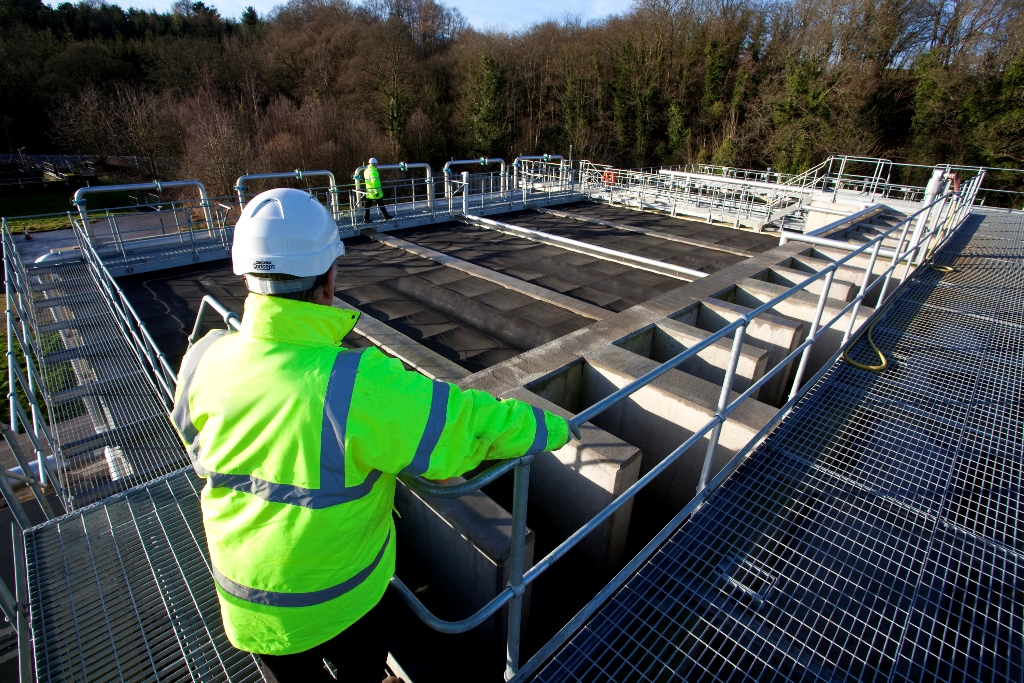


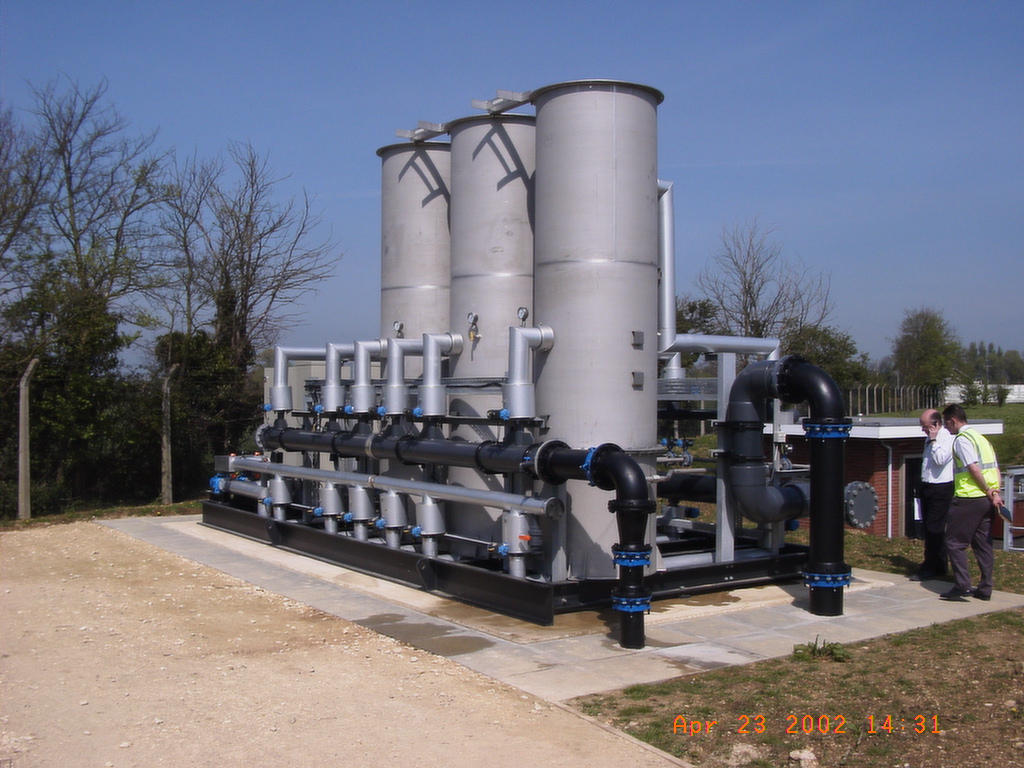.jpg)





